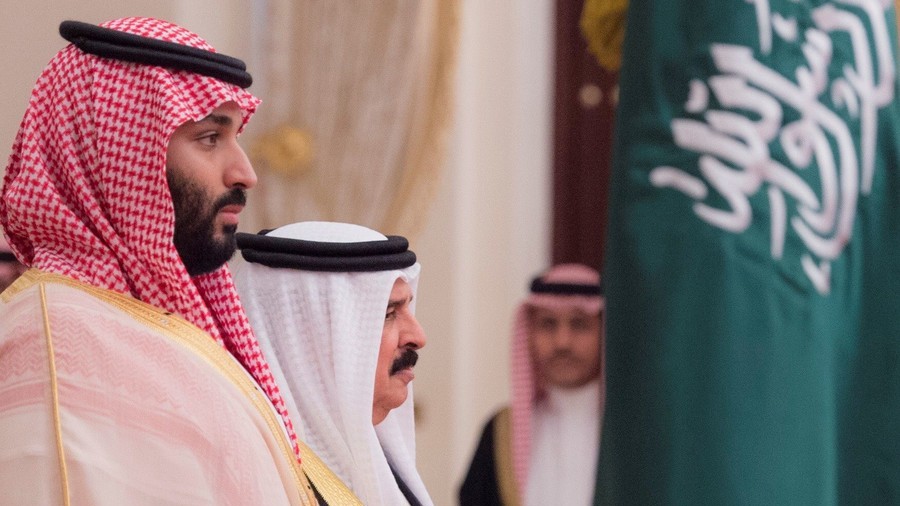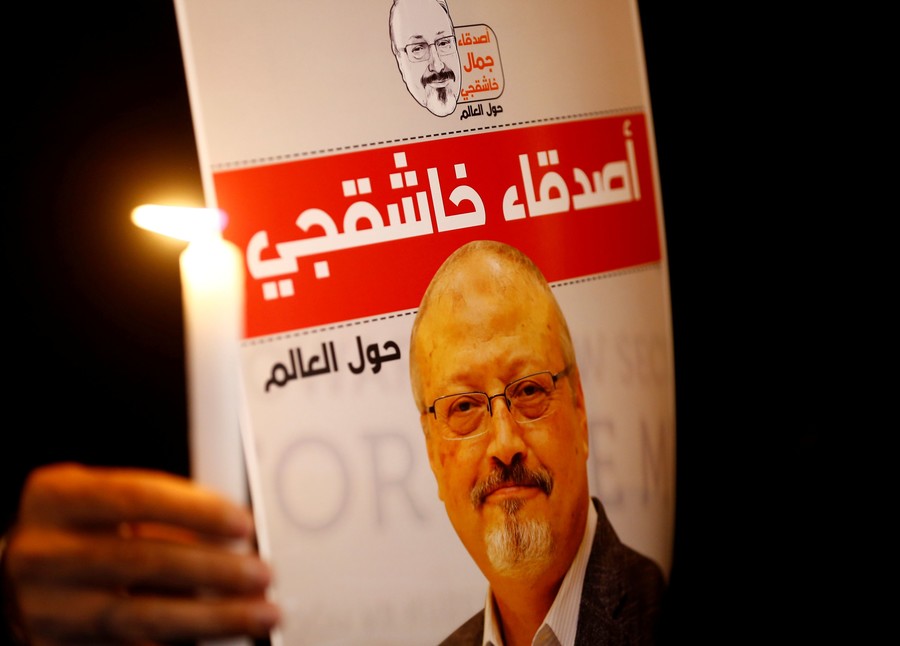Anti-war push or regime change in Riyadh: Analysts question motive of US Senate’s Yemen resolution

A Senate resolution that would end US support for the Saudi-led invasion of Yemen may be using humanitarian concerns as a pretext to dethrone Saudi Arabia’s Crown Prince Mohammed bin Salman, analysts say.
A bipartisan proposal to block any further US military assistance to the Saudi-led coalition waging war in Yemen is one step closer to being adopted, after the Senate voted 63-37 on Wednesday to allow a floor vote on the resolution.
The legislation’s early successes have been interpreted as a kick in the teeth to US President Donald Trump’s unapologetic support for Riyadh, but some have questioned the timing of the proposal – and whether it will have any long-term effect on Washington’s deep-rooted ties to the Kingdom.
Long overdue?
The horrific war in Yemen has been raging for three years, so why is it only now that lawmakers are sharing heartbreaking photographs of starving Yemeni children on the Senate floor?
Backed by US military hardware and logistics, the Saudi-led campaign in Yemen has resulted in a “tremendous famine, the worst outbreak of cholera in modern history, and none of that seemed to move the elected officials in this country enough to do anything about it,” Medea Benjamin, cofounder of the anti-war group Code Pink, told RT.
Initially unmoved by the suffering of millions of Yemeni children, it appears that it was the murder of Saudi journalist Jamal Khashoggi – “someone who was known to people in the elite circles in Washington, DC” – that sparked the Senate’s indignation, Benjamin said. She added that until recently, the media has kept Americans in the dark about what is happening in Yemen, much to the delight of the “strong pro-war lobby.”
However, Khashoggi’s brutal killing at the Saudi consulate in Istanbul has developed into a “major scandal” that endangers the US’ “multi-billion dollar arms sales with Saudi Arabia,” Colin Cavell, associate professor of political science at Bluefield State College, said.

“Saudi Arabia, Britain and America are actually working together [in Yemen], in terms of weapons,”Reza Kazim, a researcher at Islamic Human Rights Commission, noted. As such, speculation that Crown Prince Mohammed bin Salman (known colloquially as ‘MBS’) may have ordered Khashoggi’s murder is fueling concern in Washington that the current Saudi leadership is bad for business.
Pushing MBS out?
The resolution’s real aim is not to axe Washington’s ties with Saudi Arabia, but to push MBS out, and replace him with a “more pliable” Saudi royal, Cavell told RT. “The relationship will continue because Saudi Arabia has nowhere else to turn.”
Some believe the Khashoggi scandal has created a need within the Kingdom to find a new leader whose image hasn’t been tainted by allegations of cold-blooded murder and war crimes.
ALSO ON RT.COM‘Wheels in motion to replace MBS with someone compatible with West,’ ex-Pentagon analyst tells RT
MBS has made more enemies than friends among the Saudi royals, and has “upset” the country’s leadership, Michael Maloof, former senior security policy adviser in the Pentagon, told RT earlier in November. According to the analyst, there is a simmering rebellion against the young Crown Prince in the House of Saud.
“The wheels are already in motion to try and replace MBS with someone more compatible with the West.”
Whatever the resolution’s potential ulterior motives, it’s still far from clear if the legislation will ultimately be adopted.
“How long is this [issue] going to stay in the public mind?” Cavell asked. “Will Americans demand accountability, or will people forget about it in a month or so?”

0 Comments:
Post a Comment
Subscribe to Post Comments [Atom]
<< Home